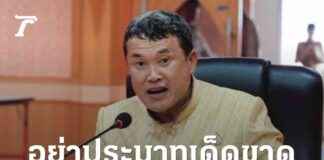Nora Bossong’s novel delves into the portrayal of Magda Goebbels, the idealized mother figure of the Nazi regime. The story unfolds with a young and beautiful woman, “Madame Quandt,” and her lover, Hans, who happens to be homosexual. Their relationship takes a twisted turn as Madame Quandt transforms into Magda Goebbels, adding layers of complexity to the narrative.
The novel explores themes of witness, complicity, and storytelling in the context of the Third Reich. Can one truly capture the essence of such a dark period in history? Nora Bossong navigates through the intricate web of relationships and historical events, shedding light on the complexities of individuals caught in the midst of significant moments in history.
The character of Herr Goebbels is depicted with a distinct scent of too much aftershave, adding a sensory element to the storytelling. Bossong’s portrayal of Magda Goebbels as a woman torn between the desire to be seen and the fear of being recognized offers a glimpse into the inner turmoil of a historical figure.
Through “Reichskanzlerplatz,” Nora Bossong invites readers to ponder the intricacies of human relationships, the weight of historical events, and the challenges of narrating the past. The novel serves as a reminder of the importance of bearing witness to history and reflecting on the complexities of human nature.
As readers delve into Bossong’s narrative, they are confronted with questions that challenge their understanding of the past and the individuals who shaped it. The novel serves as a poignant reminder of the power of storytelling and the ways in which we grapple with the darker chapters of history.
In a world where the echoes of the past continue to reverberate, “Reichskanzlerplatz” offers a nuanced exploration of human relationships, historical events, and the complexities of memory. Nora Bossong’s novel stands as a testament to the enduring impact of the past on the present and the importance of engaging with history in all its complexity.




















